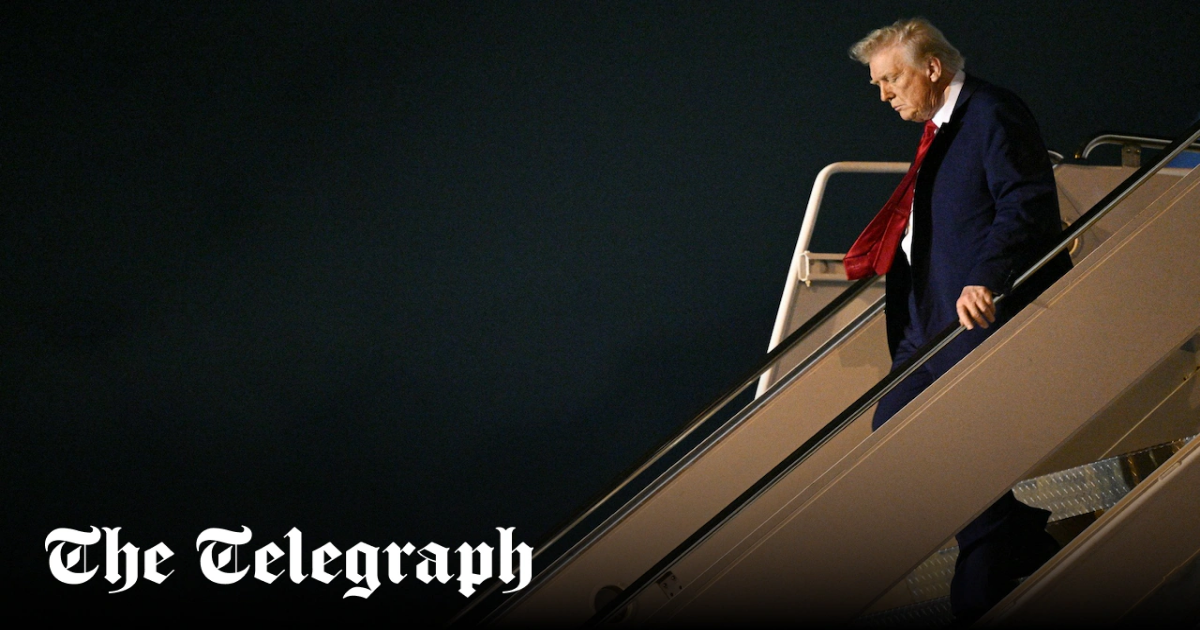Citi’s analysis suggests the revenues from tariffs is highly uncertain. Experts have warned that countries may sell fewer goods to the US as a result of tariffs rather than stomach the higher levies.
The president’s first round of new 10pc duties on Chinese goods took effect on Feb 4, before rising further to 20pc on March 4. Meanwhile, tariffs on Canada, Mexico and global aluminium and steel imports kicked in March.
Together, all of these measures should have prompted a leap in customs receipts, Citi analysts said. Chinese New Year and a grace period for importers may have dampened the extra tariff income in February.
However, there was still little sign of a surge in March the bank said. Analysts wrote: “Customs duties collected from tariffs were less than we would expect and align with remittances from customs to the treasury remaining low in daily data through March.”
In a small victory for the president, the trade deficit improved slightly as imports fell.
Mr Trump is obsessed with the metric, which measures the gulf between the value of what countries sell to the US and what they buy. The trade deficit eased slightly in February from $130.7bn to $122.7bn, as the US sold 4.8pc more goods to other countries and imported 0.2pc less.
